Best Daylily Companion Plants To Enhance Your Garden
Title: Best Daylily Companion Plants to Enhance Your Garden
Introduction:
Daylilies are a popular choice for gardeners because they are easy to care for and come in a wide variety of colors and sizes. However, daylilies can look even more stunning when they are planted with companion plants. Companion plants are plants that are chosen to complement each other in terms of their size, color, and growing habits. By planting daylilies with the right companion plants, you can create a beautiful and harmonious garden that will bloom all season long.
Main Content:
Here are some of the best daylily companion plants:
- Yarrow: Yarrow is a tall, upright plant with daisy-like flowers that bloom in shades of white, yellow, pink, and red. It is a great companion plant for daylilies because it has similar growing requirements and blooms at the same time. Yarrow also attracts beneficial insects, such as butterflies and bees, which help to pollinate the daylilies.
- Coneflower: Coneflowers are another tall, upright plant with daisy-like flowers. They come in a variety of colors, including purple, pink, and yellow. Coneflowers are drought-tolerant and deer-resistant, making them a good choice for gardens in hot, dry climates. They also attract beneficial insects, making them a good companion plant for daylilies.
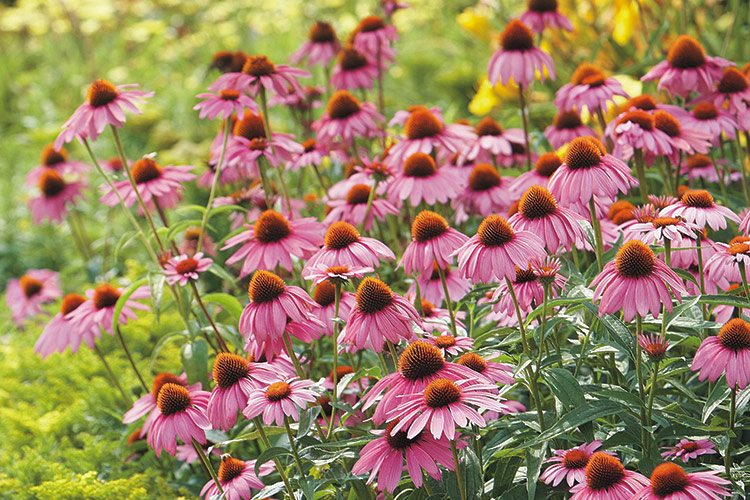
- Bee balm: Bee balm is a low-growing plant with bright red, pink, or purple flowers. It is a magnet for bees and butterflies, making it a great choice for pollinator gardens. Bee balm also has a sweet, minty scent that can help to deter pests.
- Lavender: Lavender is a fragrant, evergreen shrub that blooms in shades of purple, blue, and white. It is a good choice for sunny, dry gardens. Lavender is also a popular choice for potpourri and essential oils.
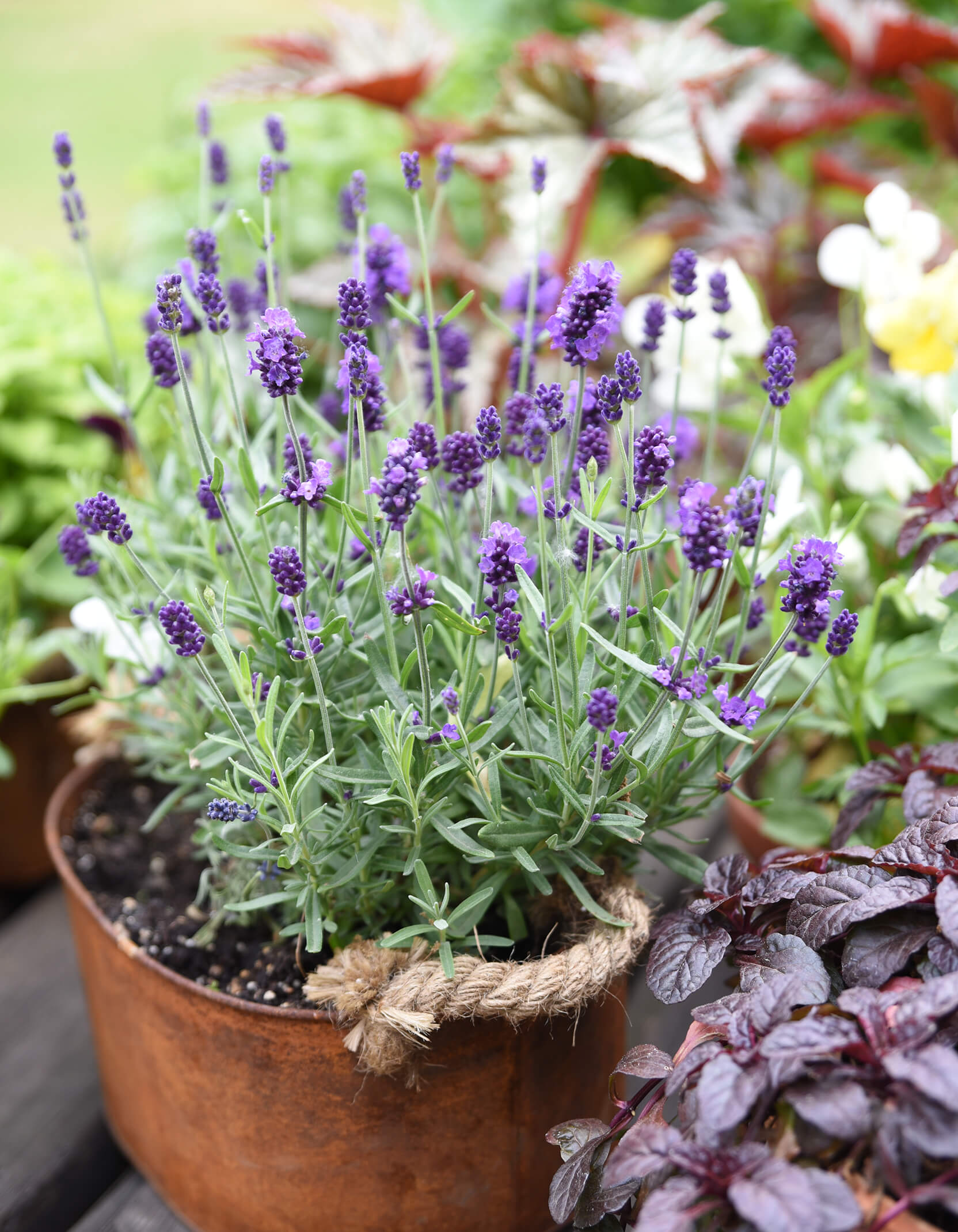
- Shasta daisy: Shasta daisies are white daisy-like flowers that bloom in the summer. They are a good choice for sunny gardens and attract butterflies and bees. Shasta daisies are also relatively low-maintenance, making them a good choice for busy gardeners.
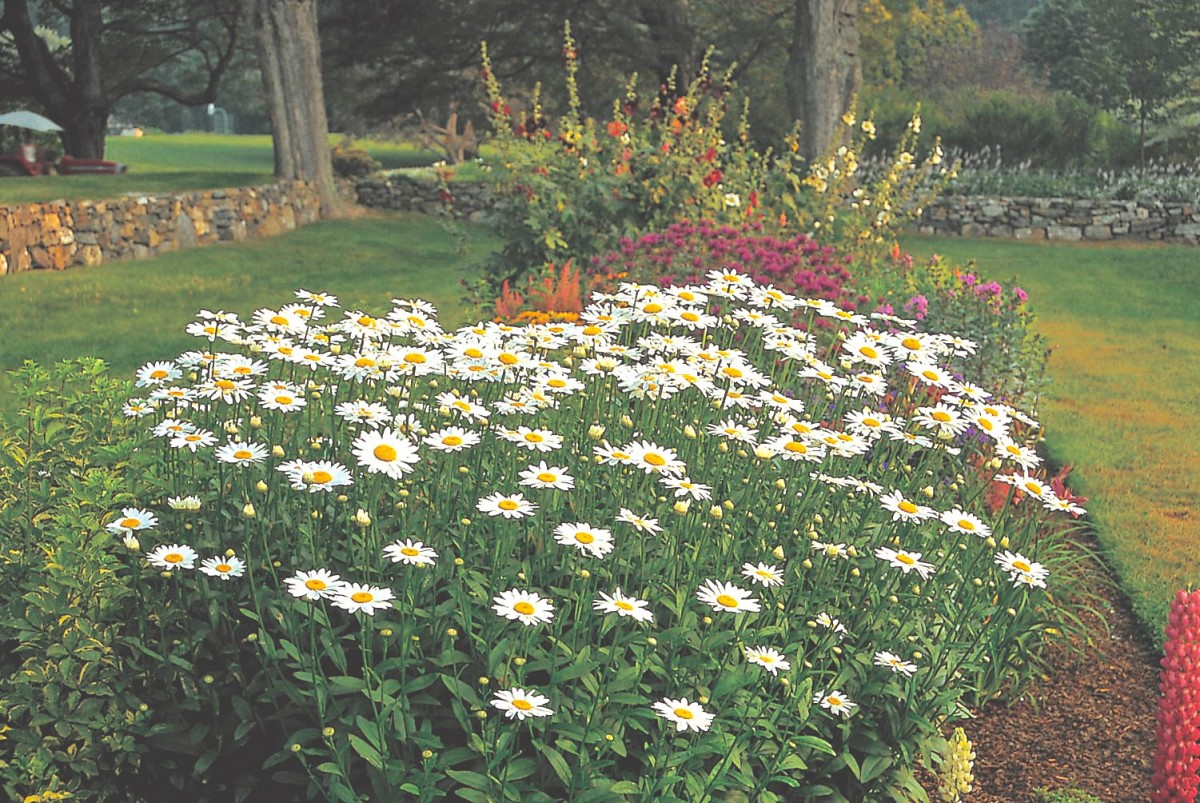
- Hosta: Hostas are shade-tolerant plants with large, attractive leaves. They come in a variety of colors, including green, blue, and yellow. Hostas are a good choice for companion plants for daylilies because they bloom at different times of the year, so the garden will be interesting all season long.
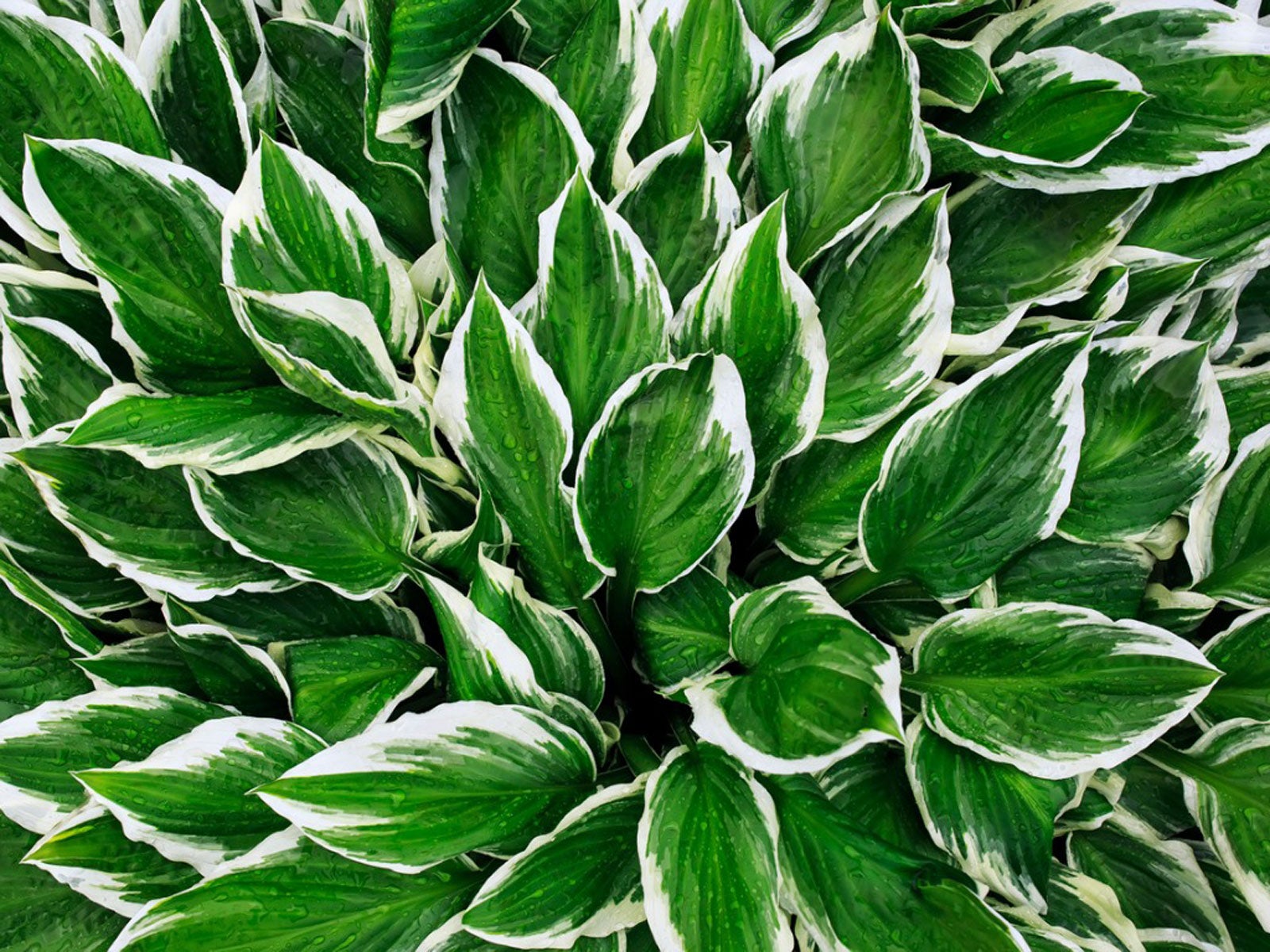
- Astilbe: Astilbe is a shade-tolerant plant with airy, fern-like foliage. It blooms in shades of pink, white, and red in the summer. Astilbe is a good choice for companion plants for daylilies because it has similar growing requirements and blooms at the same time.
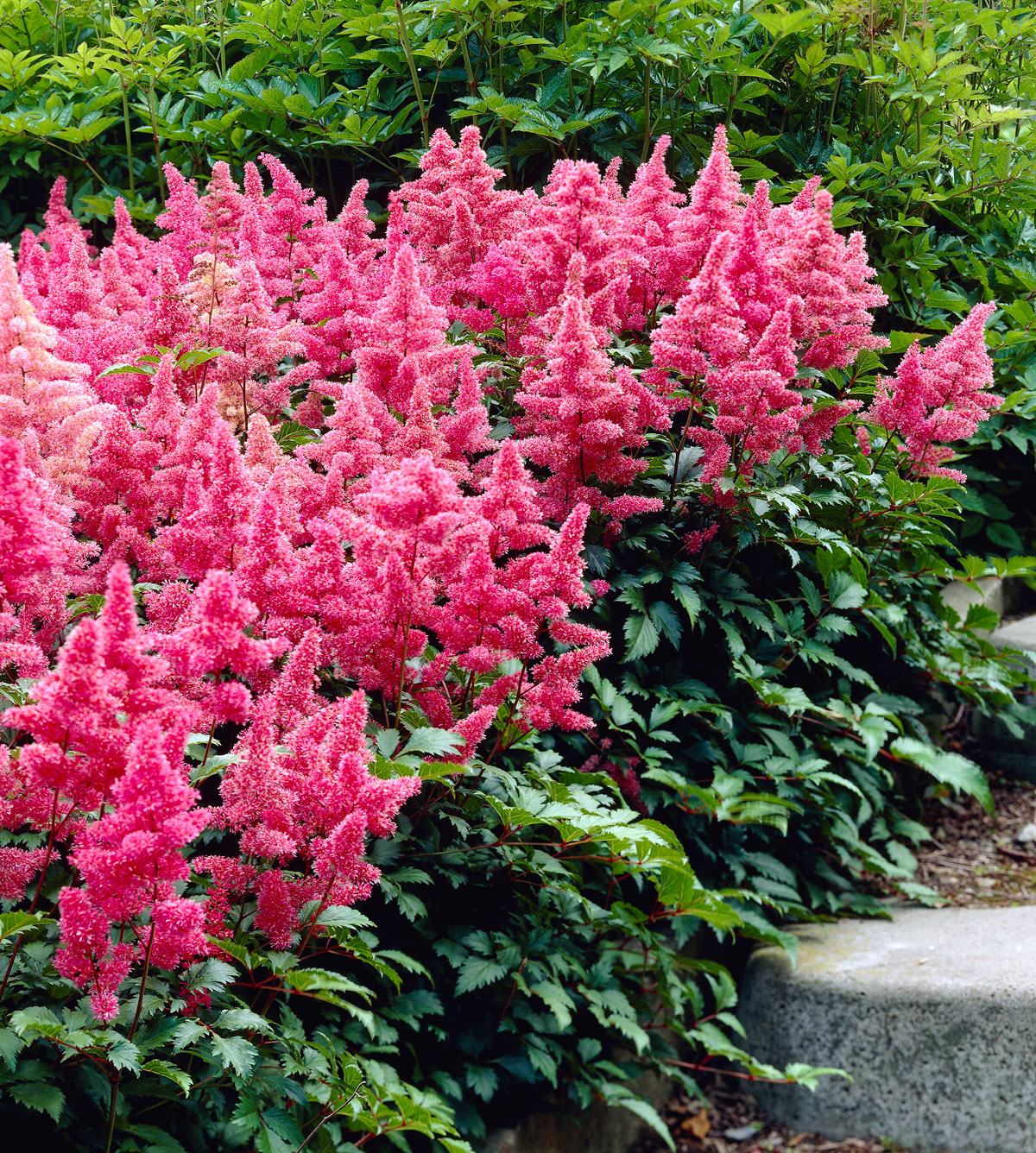
- Phlox: Phlox is a sun-loving plant with brightly colored flowers that bloom in the summer. It comes in a variety of colors, including pink, purple, red, and white. Phlox is a good choice for companion plants for daylilies because it has similar growing requirements and blooms at the same time.
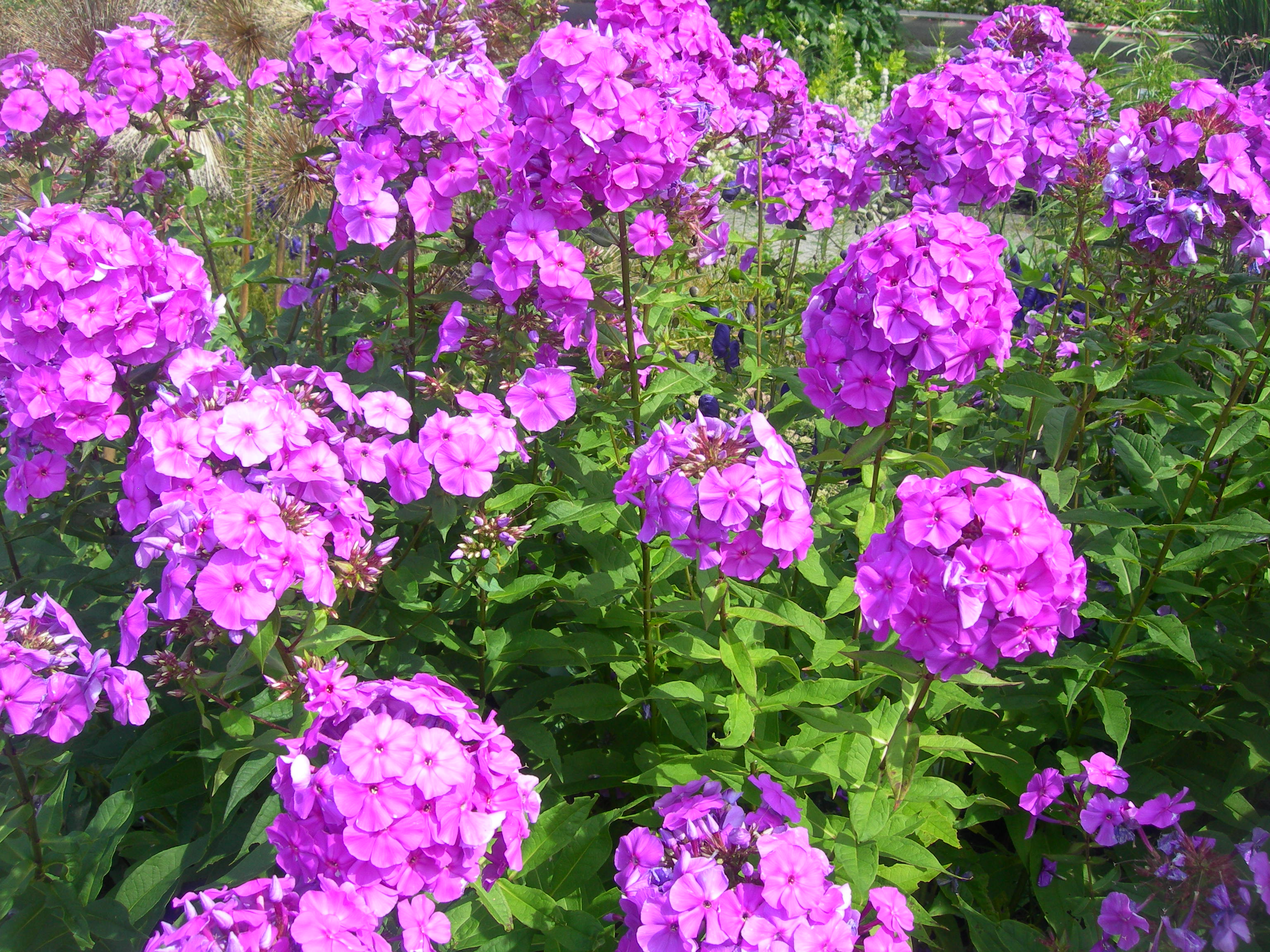
Conclusion:
By planting daylilies with the right companion plants, you can create a beautiful and harmonious garden that will bloom all season long. When choosing companion plants, it is important to consider the size, color, and growing habits of the plants. You also want to make sure that the plants have similar sunlight and water requirements. With a little planning, you can create a daylily garden that is both stunning and easy to care for.
Visit Home Gardening for more information about daylily companion plants.
FAQ of daylily companion plants
What are some good companion plants for daylilies?
Daylilies are a type of perennial flower that blooms in a wide range of colors. They are relatively easy to care for and can thrive in a variety of conditions. However, they can benefit from being planted near other plants that have similar growing requirements. Some good companion plants for daylilies include:
- Echinacea: These daisy-like flowers come in a variety of colors and bloom in the summer. They attract butterflies and other pollinators, which can help to keep your daylilies healthy.
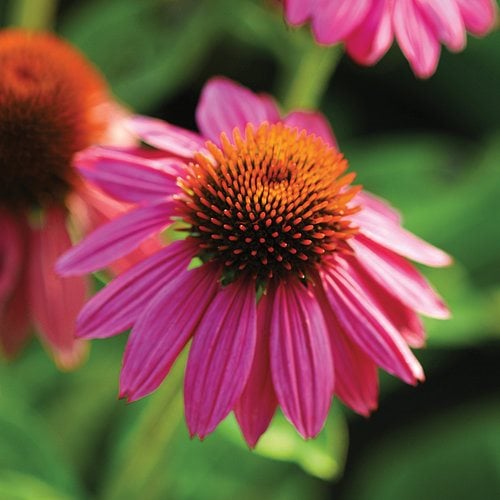
- Lavender: This fragrant herb blooms in the summer and adds a touch of elegance to any garden. It also repels pests, which can help to keep your daylilies healthy.

- Shasta daisy: These white daisies bloom in the spring and summer and add a touch of lightness to any garden. They are also relatively low-maintenance, making them a good choice for busy gardeners.
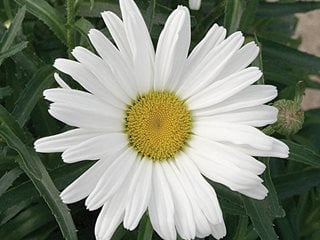
- Phlox: These brightly colored flowers bloom in the summer and attract butterflies and other pollinators. They can be grown in a variety of soil conditions and are relatively drought-tolerant.

- Black-eyed Susan: These cheerful flowers bloom in the summer and add a touch of sunshine to any garden. They are also relatively easy to care for and can tolerate a variety of soil conditions.

When choosing companion plants for daylilies, it is important to consider the size of the plants, their growing requirements, and the time of year they bloom. By choosing plants that complement each other, you can create a beautiful and harmonious garden.
What are some plants that should not be planted with daylilies?
There are a few plants that should not be planted with daylilies. These include:
- Hostas: These shade-loving plants can crowd out daylilies and prevent them from getting enough sunlight.

- Irises: These plants have similar growing requirements to daylilies, but they can compete with each other for resources.
- Peonies: These large plants can shade out daylilies and prevent them from getting enough sunlight.

- Trees: Trees can cast too much shade on daylilies, preventing them from blooming.
If you are unsure about whether or not a particular plant is compatible with daylilies, it is always best to consult with a gardening expert.
What are some tips for planting daylily companion plants?
When planting daylily companion plants, there are a few things to keep in mind:
- Plant the companion plants at the same time as the daylilies. This will help them to establish a healthy root system and grow well together.
- Space the plants appropriately. The size of the plants will determine how far apart they should be planted.
- Consider the sun exposure needs of the plants. Make sure that all of the plants you choose will get the amount of sunlight they need.
- Water the plants regularly. Daylilies and their companion plants need moist soil to thrive.
- Fertilize the plants in the spring. This will help them to bloom well.
- Deadhead the flowers regularly. This will encourage the plants to produce more flowers.
By following these tips, you can create a beautiful and harmonious garden with daylily companion plants.
Image of daylily companion plants
10 different images of daylily companion plants that are free to use:
- Hostas are shade-loving plants that can help to fill in the space around daylilies. They come in a variety of colors and leaf shapes, so you can find one that complements your daylilies perfectly.
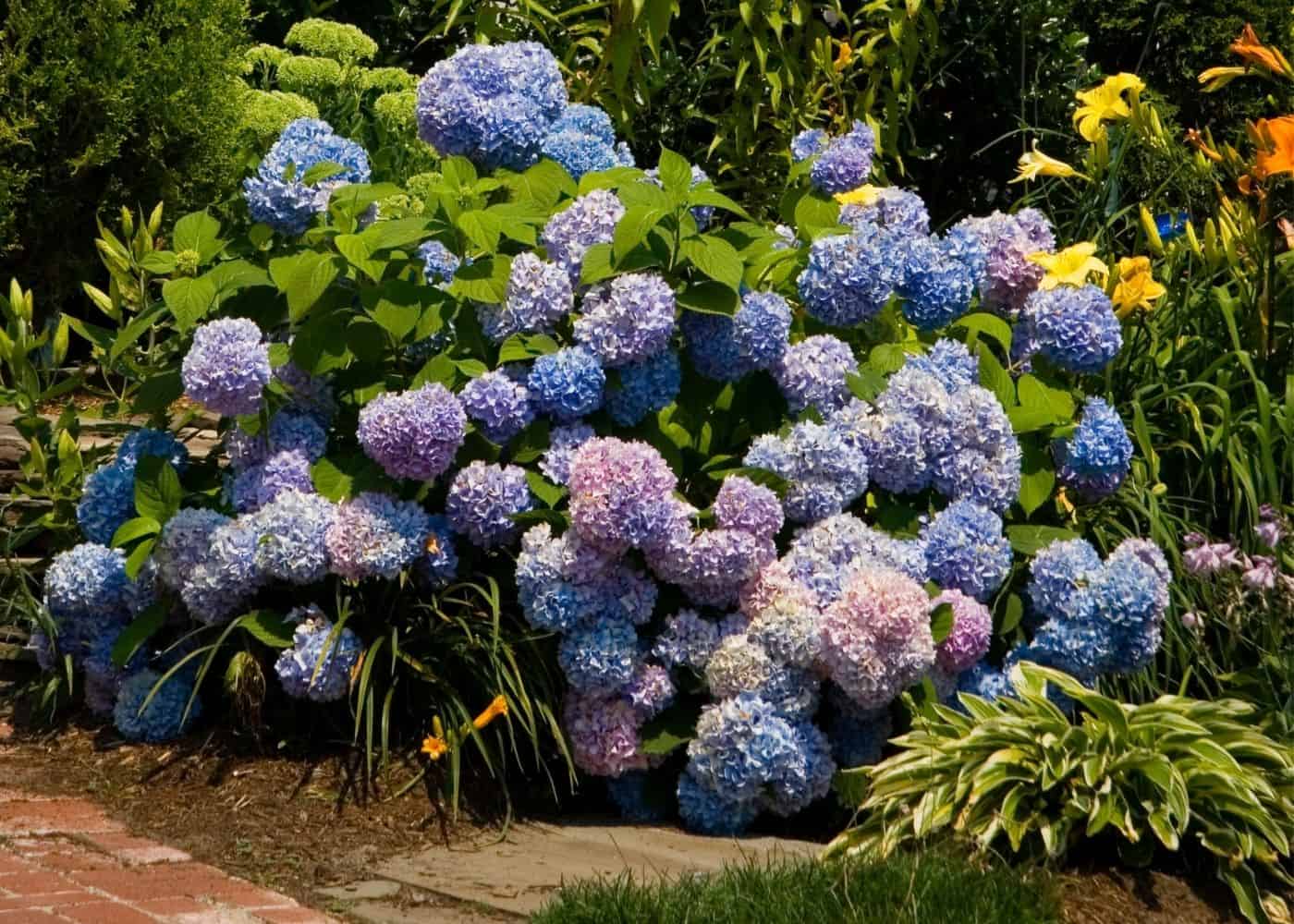
- Astilbe is another shade-loving plant that is perfect for companion planting with daylilies. It has delicate, fern-like foliage and clusters of small flowers that bloom in the summer.
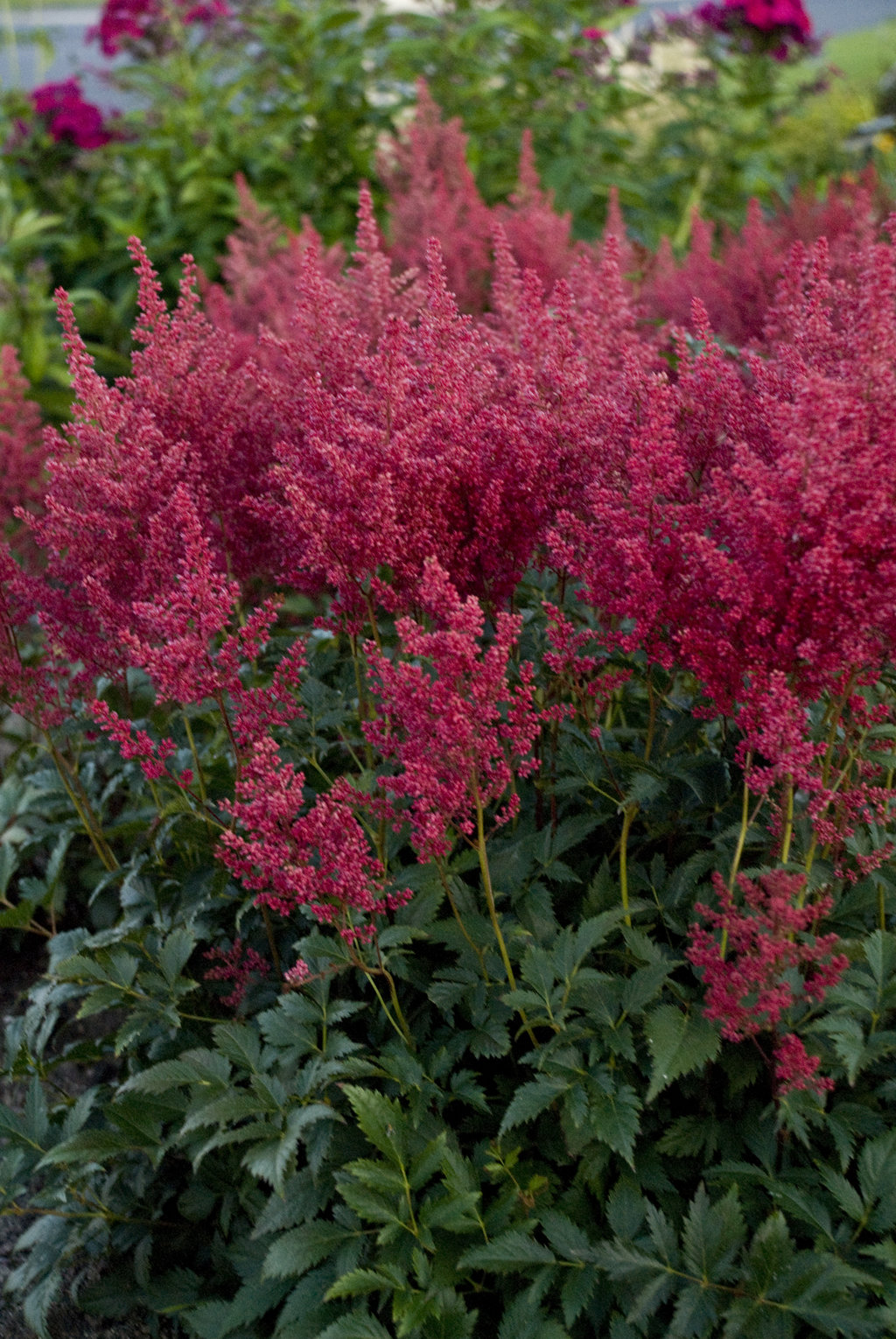
- Brunnera is a low-growing plant with blue-green leaves and clusters of white flowers in the spring. It is tolerant of shade and moist soil, making it a good choice for companion planting with daylilies.
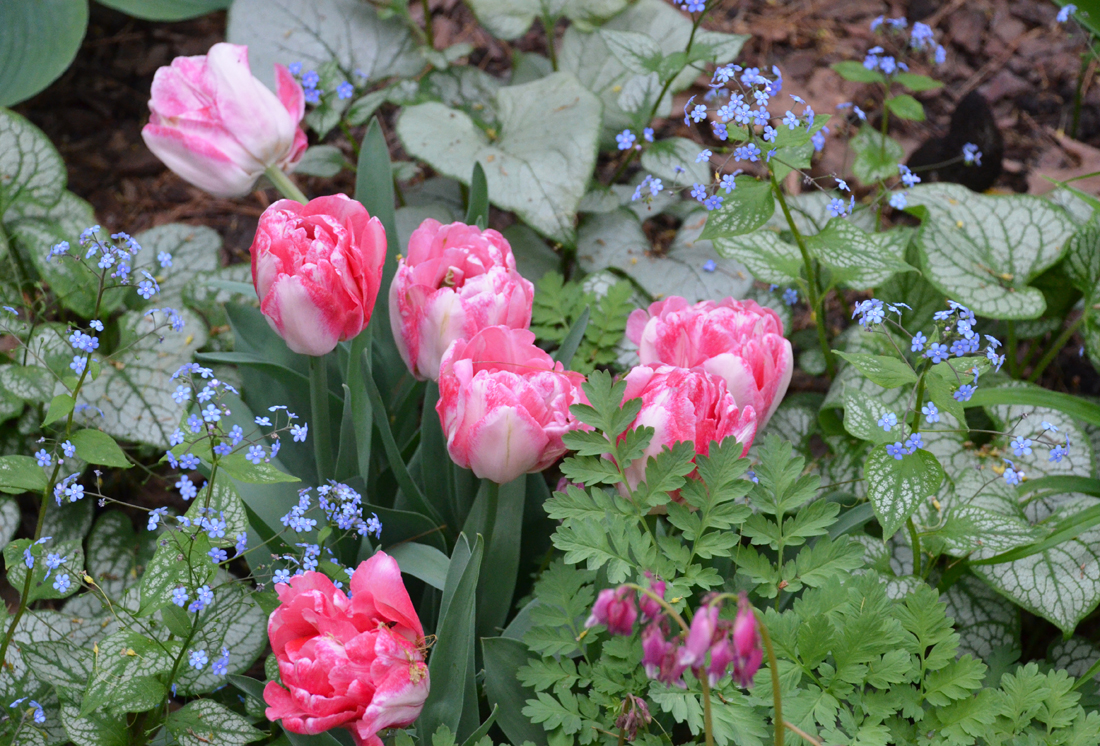
- Coral bells are a type of heuchera that has colorful foliage and small, bell-shaped flowers. They are tolerant of shade and can help to add a splash of color to a daylily bed.
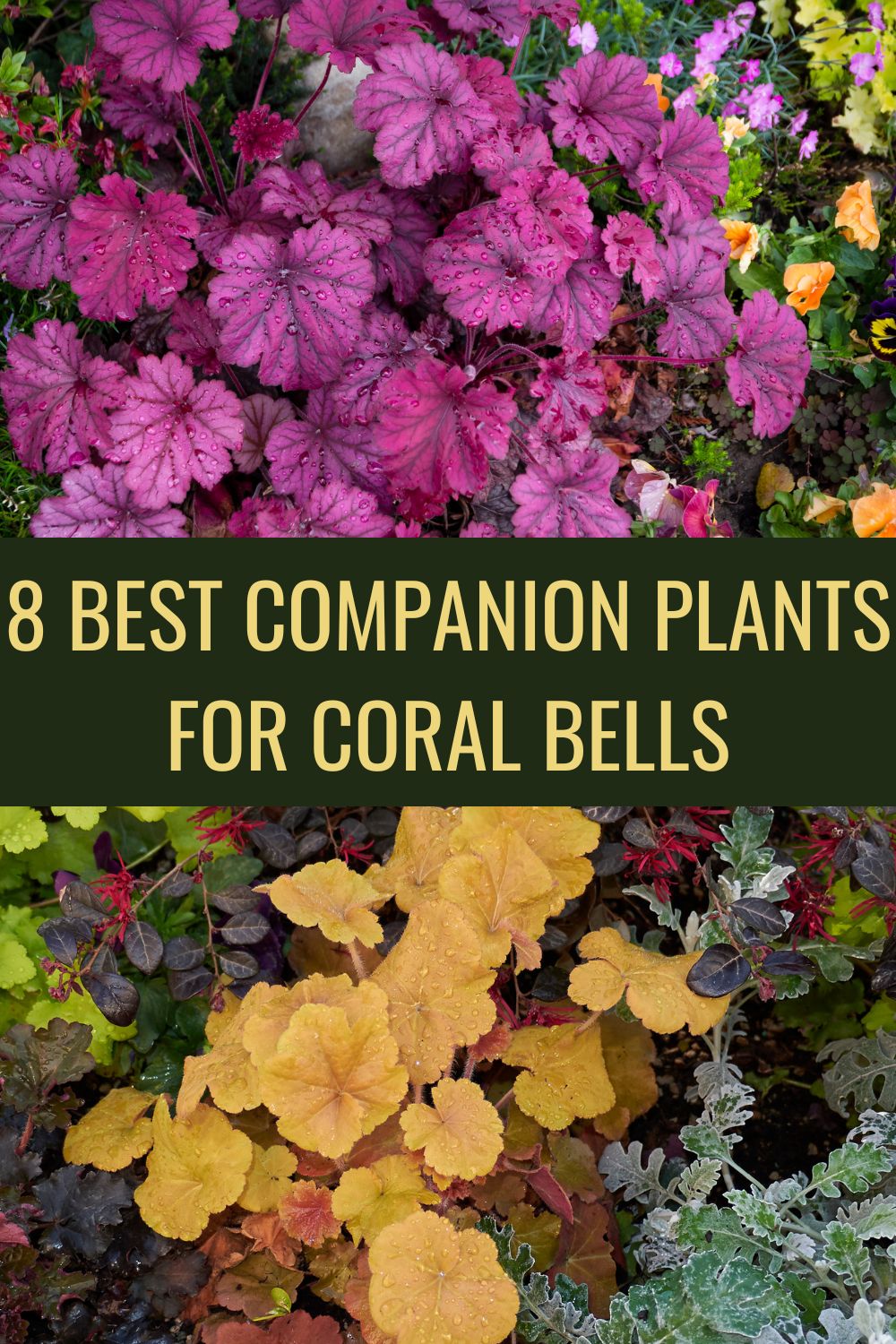
- Lamium is a groundcover plant with white, pink, or purple flowers. It is tolerant of shade and can help to suppress weeds around daylilies.
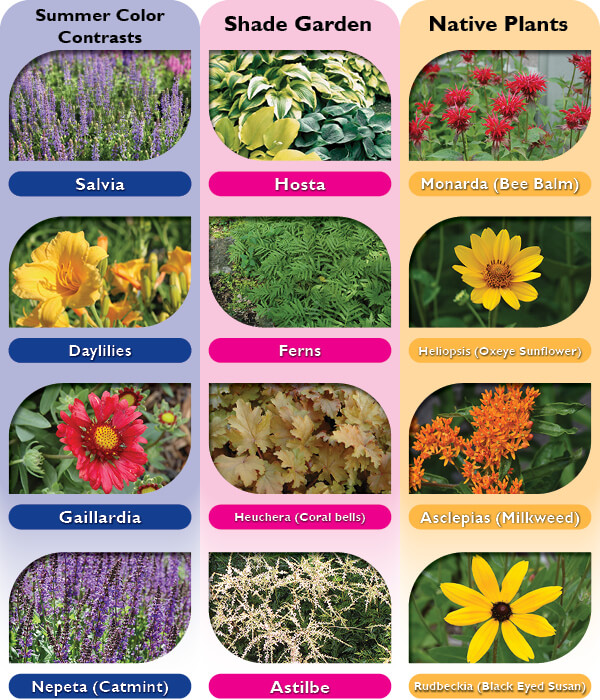
- Liriope is a grass-like plant with spikes of blue or white flowers in the summer. It is tolerant of shade and can help to add height and interest to a daylily bed.

- Monarda is a type of mint plant with fragrant, purple or red flowers. It is tolerant of sun and can help to attract pollinators to your garden.

- Obedient plant is a low-growing plant with blue or white flowers. It is tolerant of sun and shade and can help to fill in the space around daylilies.
- Rudbeckia is a type of coneflower with yellow or orange flowers. It is tolerant of sun and can help to add a splash of color to a daylily bed.
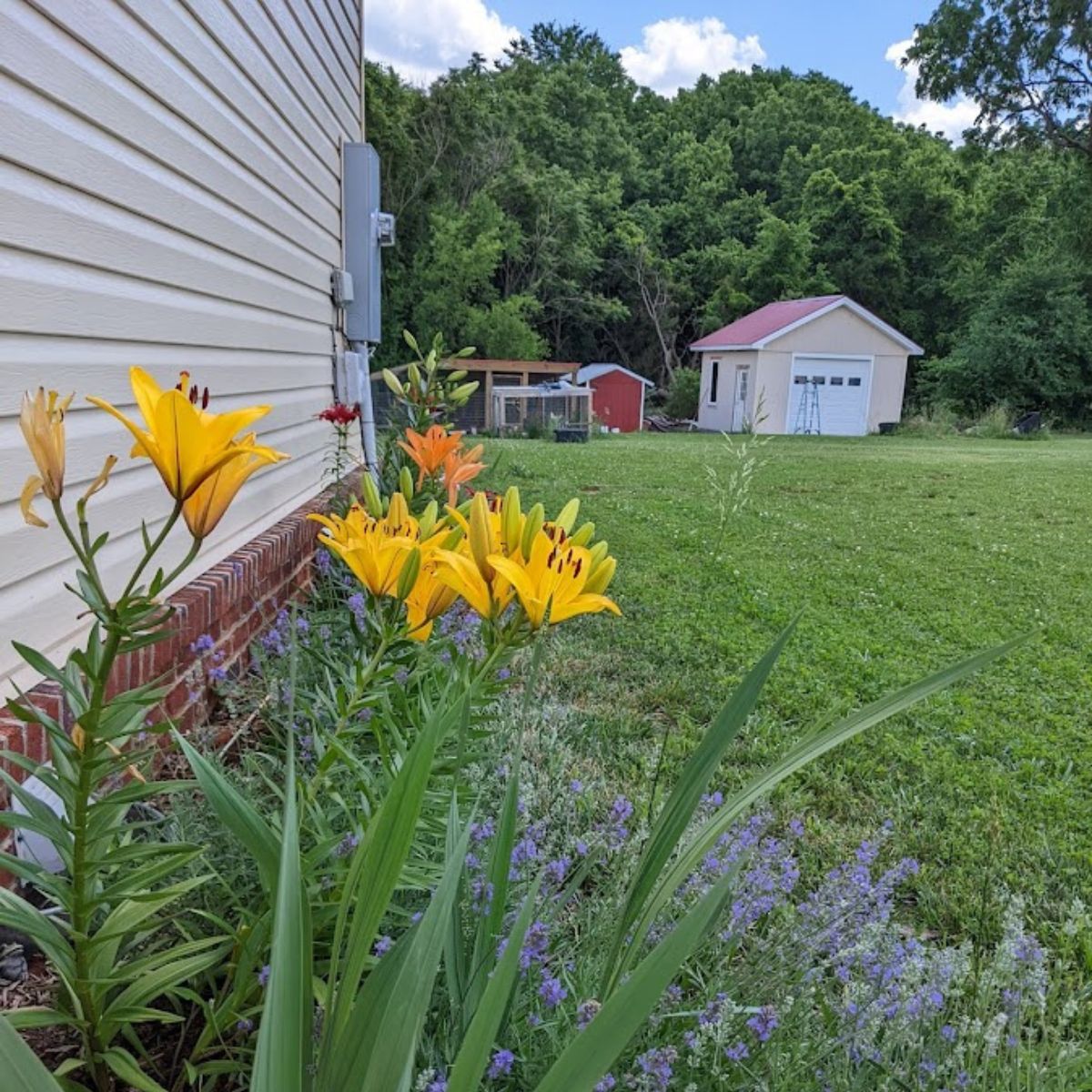
- Sedum is a succulent plant with star-shaped flowers. It is tolerant of sun and drought and can help to add texture and interest to a daylily bed.

Post a Comment for " Best Daylily Companion Plants To Enhance Your Garden"